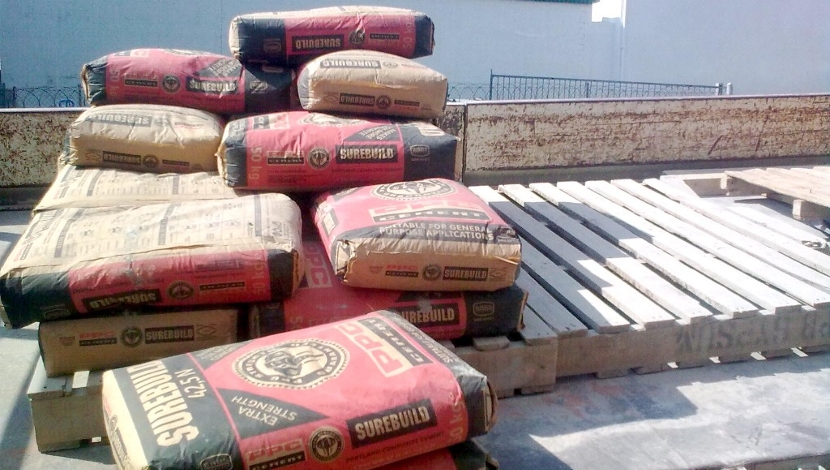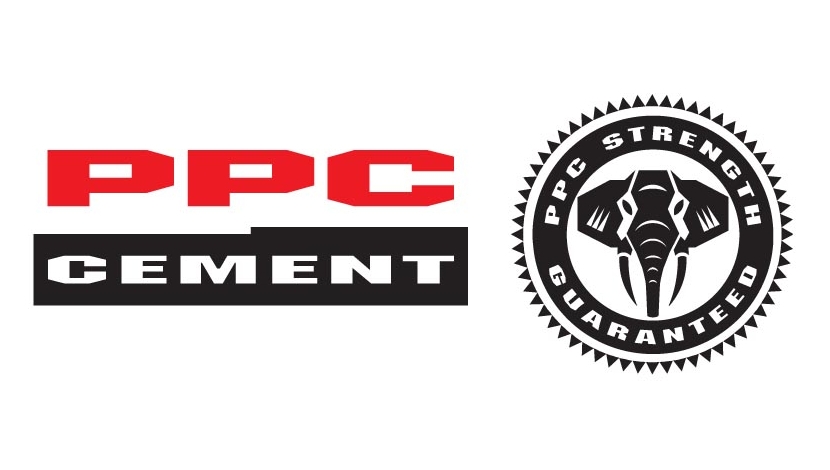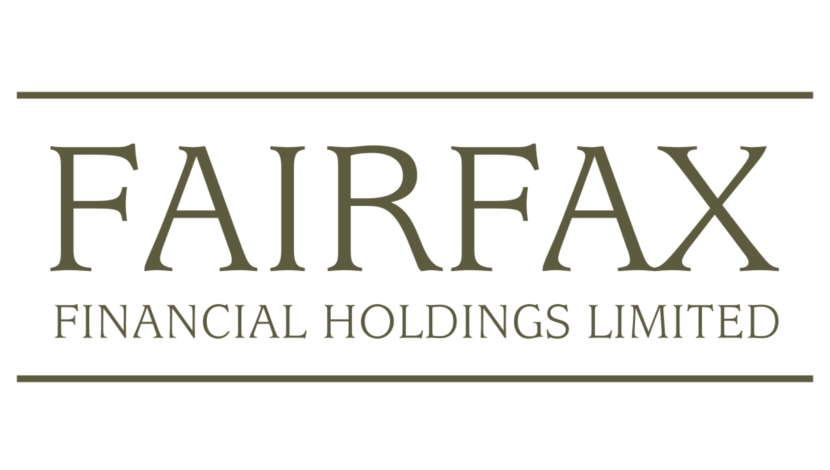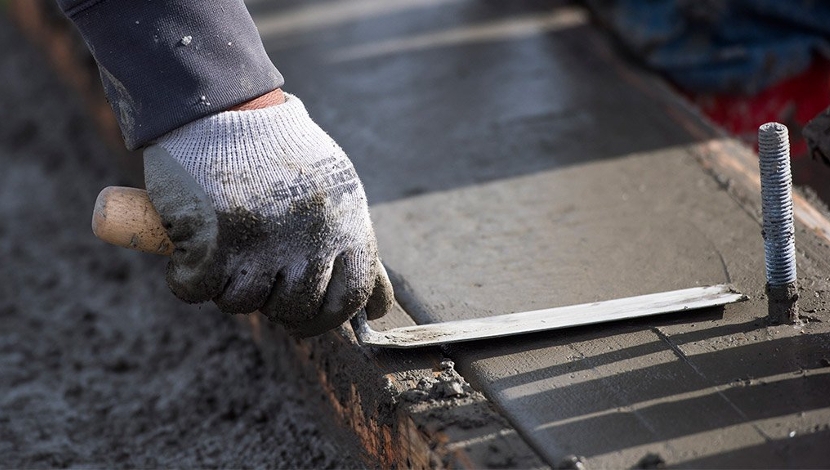

There are two significant cement producers around the world up for sale at the moment. Last week we dealt with India’s Binani Cement, which has so far attracted 15 separate bids from a number of international and domestic players. Now, we turn our attention to South Africa, where PPC remains the target of approaches by LafargeHolcim and CRH.
This week PPC rejected a partial offer from Canada’s Fairfax Holdings, which it considered neither fair nor reasonable. Like a mutual friend at a party that insists two people ‘really are perfect for each other,’ Fairfax had stipulated in its terms that PPC should merge with AfriSam to create a South African super-producer. It does not appear that this idea went down well and that particular combination now seems further away than ever.
When the news broke that it had rejected Fairfax, we thought that PPC’s stance seemed a little ‘too cool.’ However, looking just at the oversized and import-addled South African market does not give the full picture of what’s happening for PPC at the moment. It has significant and growing activities in the rest of Africa too.
Later this week PPC released its results for the first half of its 2018 fiscal year. Suddenly, its handling of the Fairfax offer made more sense. Over the six months to 30 September 2017, PPC nearly tripled its profit to US$21.1m. Crucially, sales from outside South Africa grew far more rapidly than those at home. While domestic earnings before interest, tax, depreciation and amortisation (EBITDA) rose by 4%, EBITDA from elsewhere increased by 25%. These results bode well for a potential bidding war that now favours PPC.
Even from this greatly enhanced position, PPC was not finished with its announcements for the week. Today it revealed that it plans to build a new ‘mega-factory’ in the Western Cape. Johan Claassen, the interim chief executive of PPC, said there would probably be a formal announcement about new capacity in the Western Cape in 2018. He said that PPC had decided to conduct a feasibility study into a possible replacement for its Riebeeck plant. An Environmental Impact Assessment (EIA) is in progress and the plant is reported to be ‘semi-brownfield.’ Claassen said that the new facility would use around 25% of the current Riebeeck equipment and cost US$200/t of installed capacity.
The news of its results and announcement of the new plant represent a good PR move by PPC given the difficulties faced by the wider South African market. The new information will certainly give cause for CRH and LafargeHolcim to think again about the values of their offers, should PPC also be of the view that these also undervalue the company.





